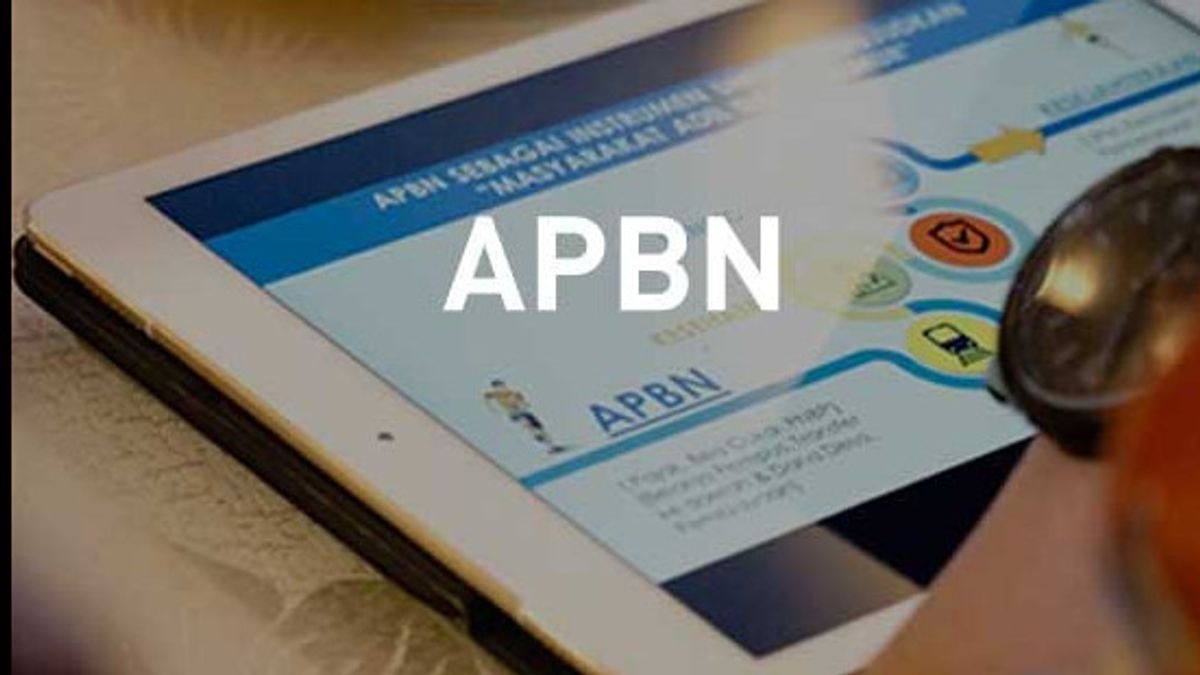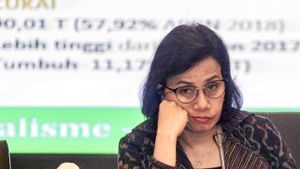JAKARTA - The government and the Indonesian House of Representatives (DPR RI) Budget Agency (Banggar) have completed discussions on the Draft Law (RUU) regarding the 2024 State Budget (APBN) in level I discussions to then be brought to level II discussions at the Plenary Session in the middle of this week.
Minister of Finance (Menkeu) Sri Mulyani, who represented the government, expressed her thanks and appreciation to all leaders and members of the DPR in the very constructive discussion process so far.
"Please allow us on behalf of the government to express our highest thanks and appreciation to the entire House of Representatives, leadership and members, the Budget Agency, and the Commission for their support and cooperation so far and in the very constructive discussion process," she said, quoted on, Wednesday, September 20.
According to the Minister of Finance, various dynamics and changes in the national and even global economic prospects in the last few weeks have kept the APBN dynamic.
"This underlines that we are drafting the 2024 APBN Bill in an economic situation and even the agreed basic assumptions will continue to experience changes or dynamics that are not always easy for us to project," she said.
The Minister of Finance explained that the macroeconomic assumptions that changed from the first State Budget Draft (RAPBN) proposal were that the price of crude oil would be 82 dollars per barrel, and oil lifting would be 635,000 barrels per day.
اقرأ أيضا:
Meanwhile, the APBN posture remains at IDR 522.8 trillion or 2.29 percent of GDP. This figure is formed from state income of IDR 2,802.3 trillion with state expenditure of IDR 3,325.1 trillion.
"Also in non-K/L spending, the provision of subsidies and compensation is mainly linked to people's purchasing power and today we heard from the Panja that there was an increase in the compensation subsidy budget due to changes in oil prices in the assumptions," she added.
Furthermore, the state treasurer emphasized that the government will continue to strive to manage the situation of uncertainty and dynamics without eroding the credibility of the APBN.
"Together with all Ministries, Institutions, and Regional Governments, we will look at various very dynamic APBN items which are not deterministic or fixed numbers, but are greatly influenced by economic developments," he stressed.
The English, Chinese, Japanese, Arabic, and French versions are automatically generated by the AI. So there may still be inaccuracies in translating, please always see Indonesian as our main language. (system supported by DigitalSiber.id)
















